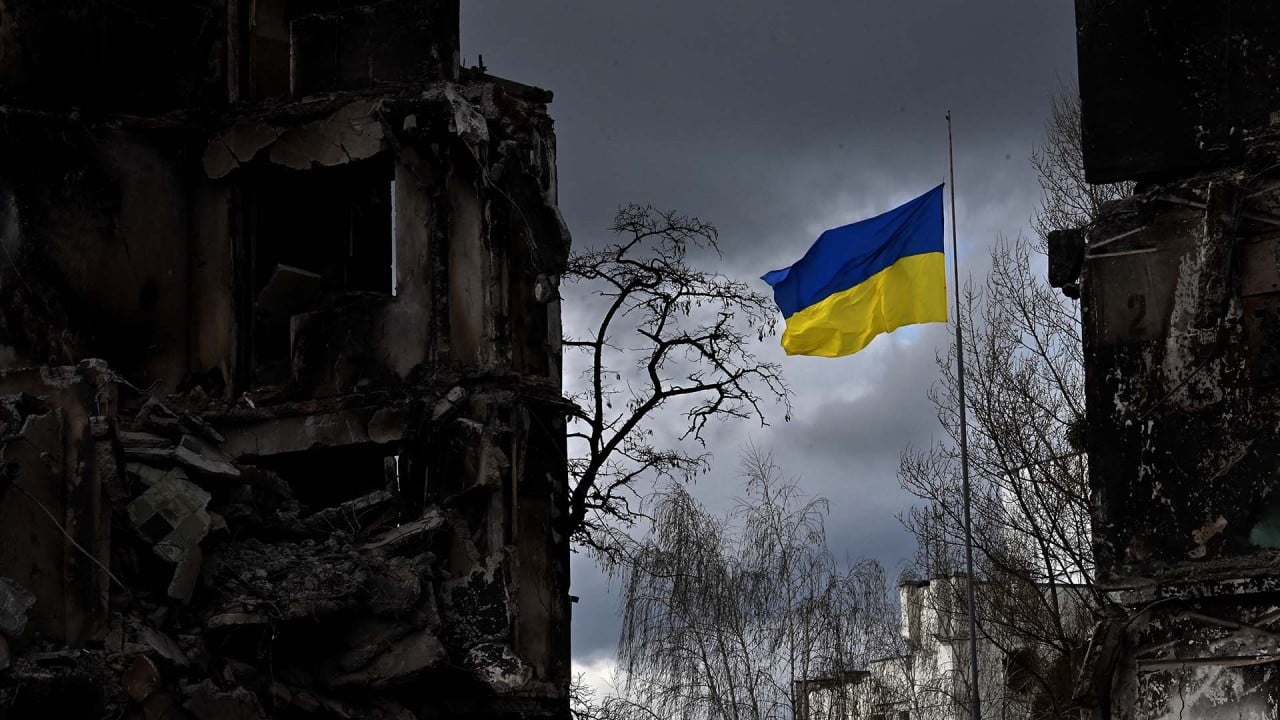
Ukraine war highlights G7’s role as geopolitical linchpin
- Despite criticism from some quarters that it should stick to economics, the G7 has often been at its best during turbulent geopolitical times
- The grouping’s long-standing engagement with security issues and the uncertainty in Ukraine suggest its geopolitical role will only continue to grow
Yet, the Western club proved fit for purpose, playing a key role in the management of the most important exchange rates. It also brought Japan into the Western policymaking community; a similar farsighted, strategic approach is needed today.
There is no bigger short-term challenge than the impact of the Ukraine crisis, which comes in the midst of the continuing Covid-19 crisis. While the G7 was created in the instability of the 1970s to monitor developments in the world economy and assess macroeconomic policies, Ukraine has brought its role as a geopolitical linchpin to the fore.
While Russia is excluded, leaders from India, Indonesia, Argentina, Senegal and South Africa have been invited to give greater international perspective. Moreover, Ukrainian President Volodymyr Zelensky will join by video and is likely to again prove the star of the show.
This year’s G7 discussions on Ukraine are only the latest example of the prominence of geopolitical and security issues in the club’s meetings. In recent years, the body has played a significant orchestration role in the West’s policies towards Libya, North Korea and the South China Sea.
Another example was the discussion on the South China Sea during Japan’s presidency in 2016. The G7 then warned against “any intimidating coercive or provocative unilateral actions that could alter the status quo and increase tensions” given the territorial disputes over several archipelagos there involving countries such as China, Vietnam, Malaysia and the Philippines.
G7 leaders vow to send ‘clear signal’ over South China Sea row after Beijing warns it against ‘double standards’
Building on this, it is also sometimes claimed that the G7 lacks the legitimacy of the United Nations to engage in these geopolitical and security issues, or that it is a historical artefact given the rise of new powers, including the BRICS grouping comprising Brazil, Russia, India, China and South Africa. However, it is not the case that the international security role of the G7 is new.

An early example of the linchpin function the body has played here was in the 1970s and 1980s, when it helped coordinate Western strategy towards the Soviet Union. Following the September 11 terrorist attacks, the then-G8, which included Russia, assumed a key role in the US-led “war on terror”.
Fast forward to 2022 and it is the Ukraine crisis gripping the world, so the meeting will be dominated by geopolitics again despite criticism of the G7’s actions in this area. The body’s long-standing track record as a security actor and the continuing uncertainty over Ukraine suggest this geopolitical role is not only likely to continue but could yet grow in significance.
Andrew Hammond is an associate at LSE IDEAS at the London School of Economics


